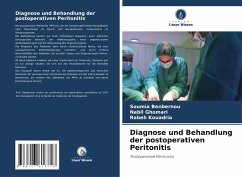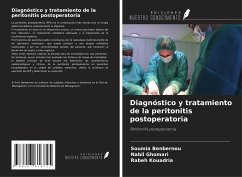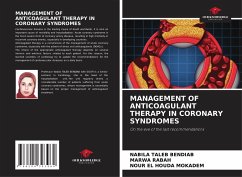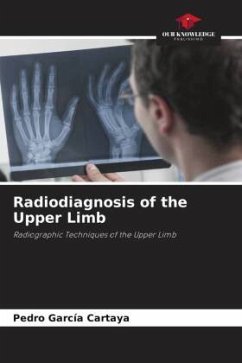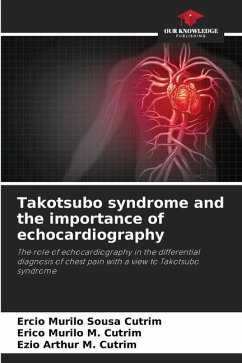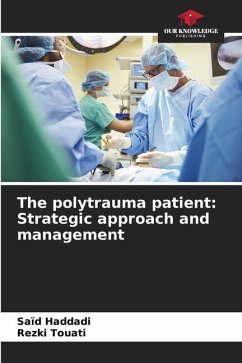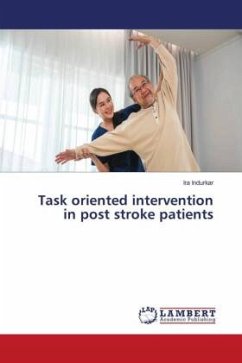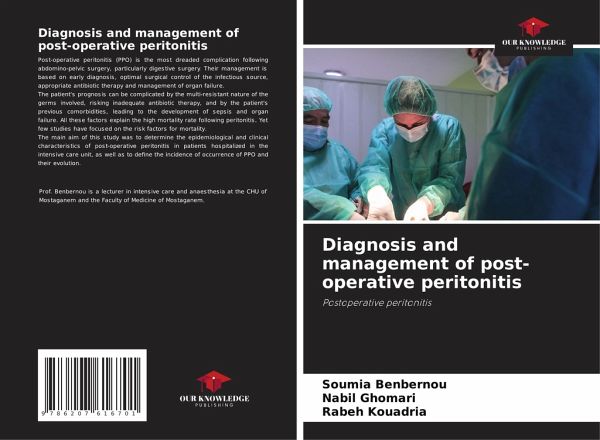
Diagnosis and management of post-operative peritonitis
Postoperative peritonitis
Versandkostenfrei!
Versandfertig in 6-10 Tagen
29,99 €
inkl. MwSt.

PAYBACK Punkte
15 °P sammeln!
Post-operative peritonitis (PPO) is the most dreaded complication following abdomino-pelvic surgery, particularly digestive surgery. Their management is based on early diagnosis, optimal surgical control of the infectious source, appropriate antibiotic therapy and management of organ failure.The patient's prognosis can be complicated by the multi-resistant nature of the germs involved, risking inadequate antibiotic therapy, and by the patient's previous comorbidities, leading to the development of sepsis and organ failure. All these factors explain the high mortality rate following peritonitis...
Post-operative peritonitis (PPO) is the most dreaded complication following abdomino-pelvic surgery, particularly digestive surgery. Their management is based on early diagnosis, optimal surgical control of the infectious source, appropriate antibiotic therapy and management of organ failure.The patient's prognosis can be complicated by the multi-resistant nature of the germs involved, risking inadequate antibiotic therapy, and by the patient's previous comorbidities, leading to the development of sepsis and organ failure. All these factors explain the high mortality rate following peritonitis. Yet few studies have focused on the risk factors for mortality.The main aim of this study was to determine the epidemiological and clinical characteristics of post-operative peritonitis in patients hospitalized in the intensive care unit, as well as to define the incidence of occurrence of PPO and their evolution.





